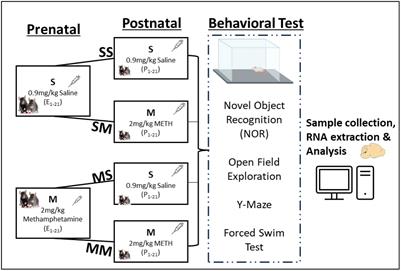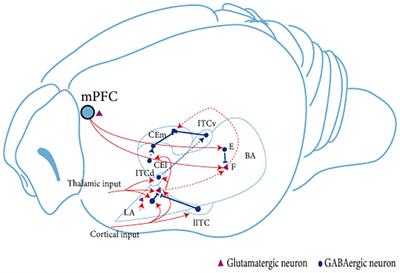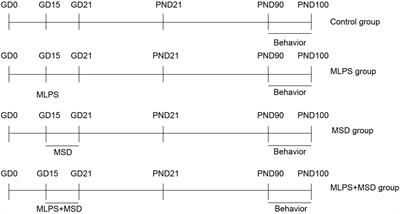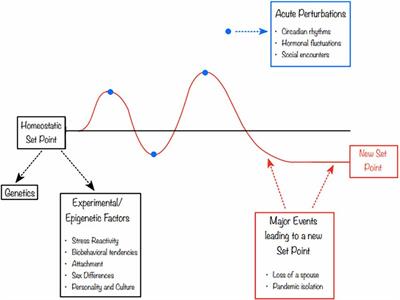BRIEF RESEARCH REPORT
Published on 05 Mar 2024
Prenatal and postnatal methamphetamine exposure alters prefrontal cortical gene expression and behavior in mice

doi 10.3389/fnbeh.2024.1286872
- 2,480 views
4,581
Total downloads
28k
Total views and downloads
BRIEF RESEARCH REPORT
Published on 05 Mar 2024

EDITORIAL
Published on 20 Feb 2024
REVIEW
Published on 02 Aug 2023

ORIGINAL RESEARCH
Published on 25 Jul 2023

REVIEW
Published on 10 Mar 2023

ORIGINAL RESEARCH
Published on 04 Jan 2023
